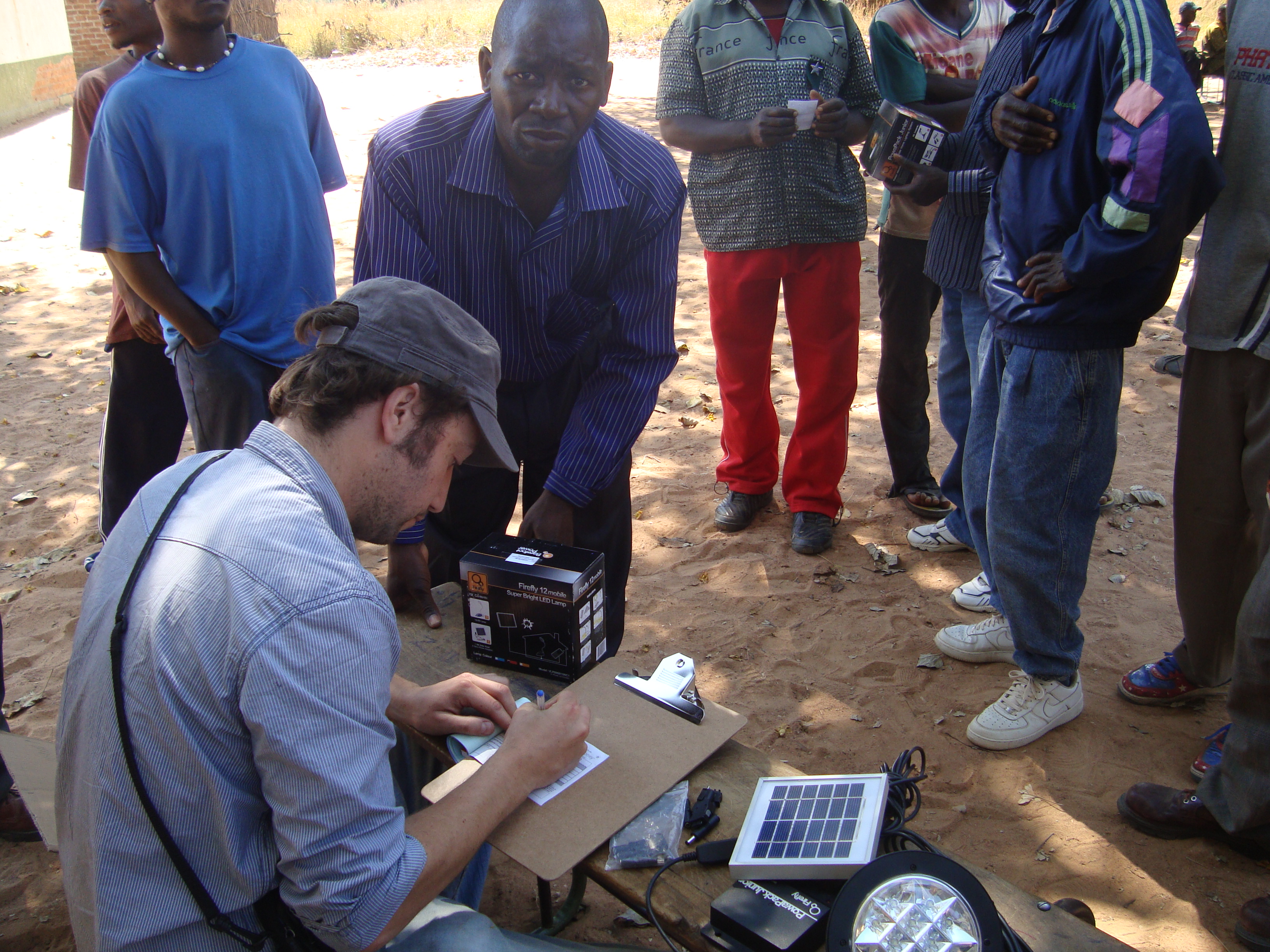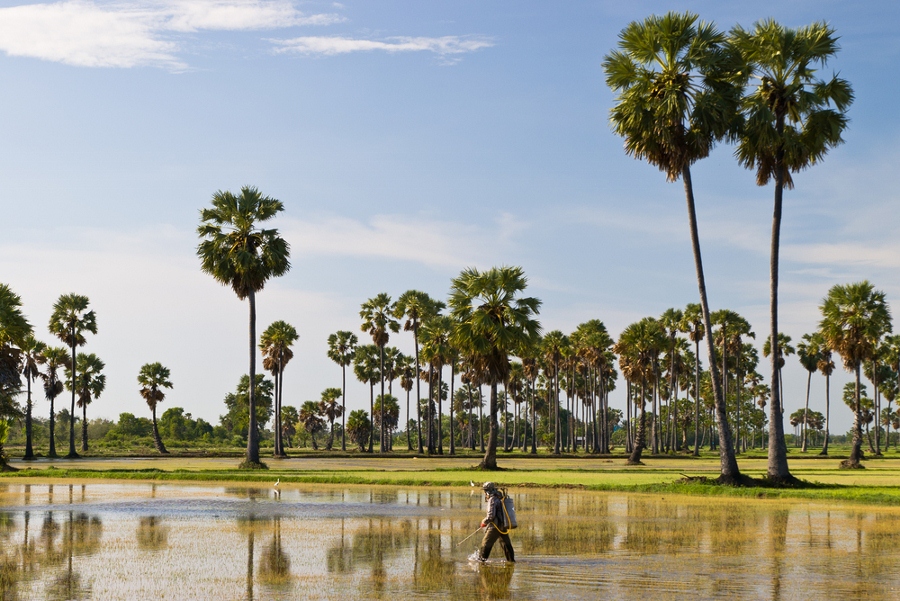In Zambia there's a pressing need to provide a minimum of energy for poor families. Energy options are limited to kerosene and candles for lighting and wood for cooking. Rising kerosene prices across the world mean that people living in rural Zambia are being forced to pay more and more each week to light their homes. SolarAid provides people with affordable, sustainable and clean energy options, reducing reliance on CO2 emitting fuels such as kerosene and disposable batteries.
Achievements:

Macrosolar
SolarAid Zambia began in July 2008 with the focus on installing solar systems in schools, health clinics and community centres near the Lusaka base. Installations are now carried out as far west as Mongu and as far east as Chipata. In total, 46 installations have taken place, bringing clean and affordable light to off-grid communities throughout southern Zambia.
Microsolar
In July 2009 SolarAid Zambia began its microsolar campaign, training ‘SunnyMoney’ entrepreneurs to distribute solar products throughout rural communities as a replacement for the burning of toxic kerosene for light. There are now 15 active SunnyMoney entrepreneurs with their own independent and sustainable microsolar businesses. In total over 1,500 microsolar units have been sold, a significant achievement.
Project outcomes:
-Reduction in carbon emissions because of the replacement of carbon-intensive kerosene lamps with solar powered devices.
-Improved health for the most disadvantaged people. The project will help achieve this by training people living with HIV/AIDS and/or their relatives to set up solar micro-businesses so that they can earn more and pay for home-based care, medication and food.
-Improved access to sustainable financial resources for the most disadvantaged people. The project will train people in business planning, market research, sales and microsolar skills so that they can sell solar products in rural areas and generate income.
-Improved literacy and health levels due to greater access to lighting and electricity in schools as well as in health and community centres. Pupils will be able to use the internet and take evening classes. Health clinics and maternity wards will be able to stay open later and gain access to power for vaccine refrigeration.
Please see their website for more information.
SolarAid Zambia, Lusaka, Zambia


Ben, one of our volunteers in Zambia helping Solar Aid








